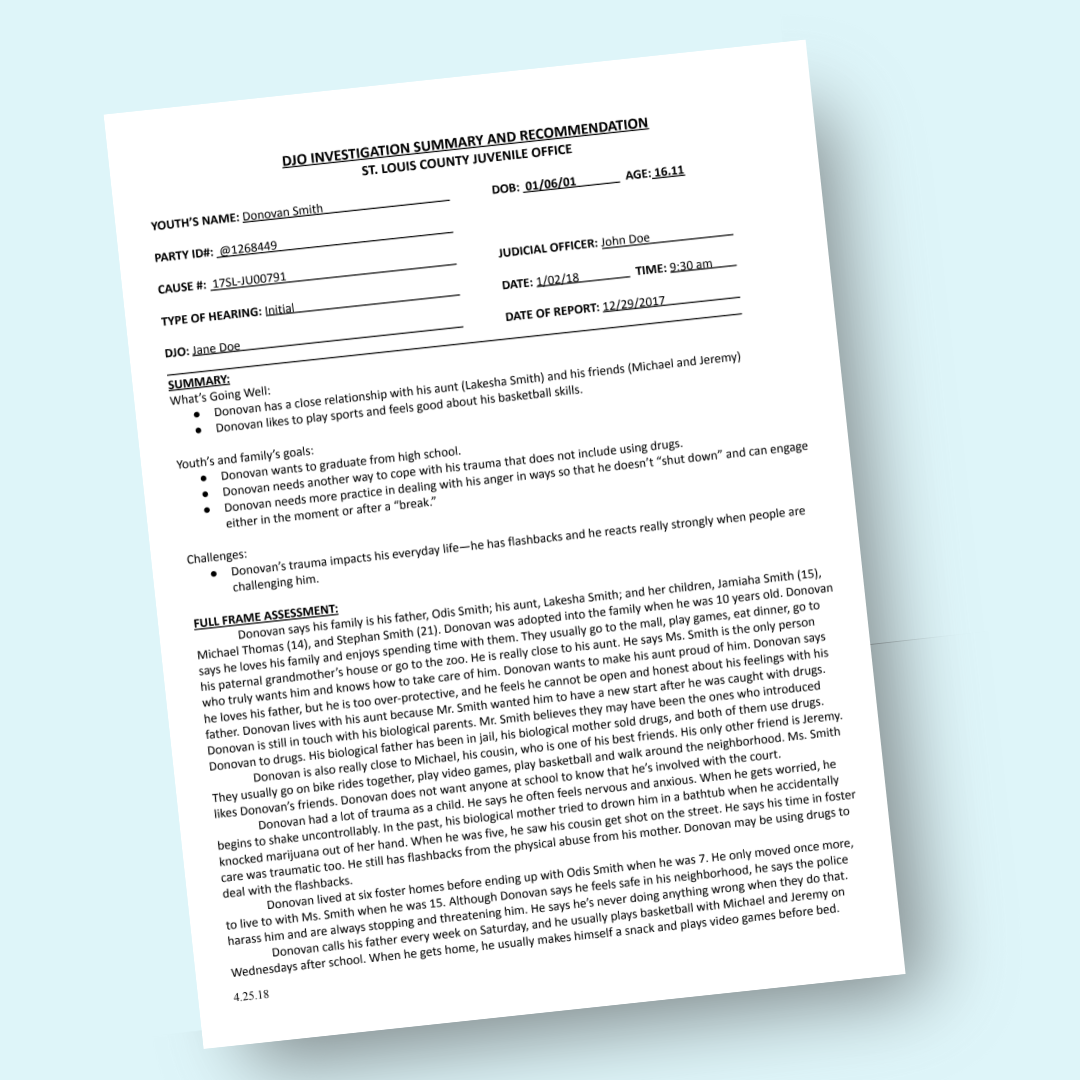
This is an example created for the St. Louis County Court (21st circuit) for an Investigation Summary Form Example that pays attention to wellbeing and tradeoffs.
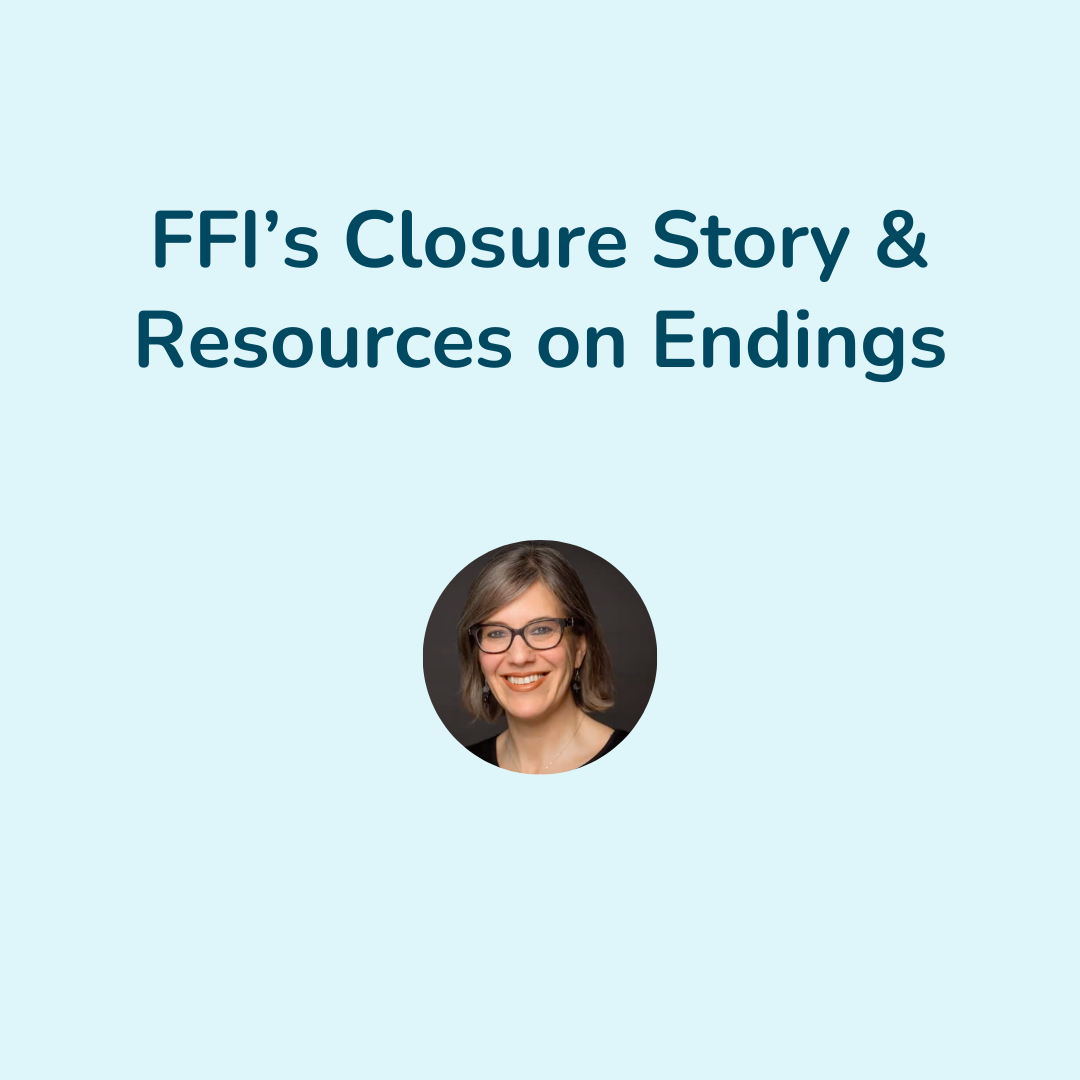
We've collected our various leadership on endings to equip the sector and encourage transparent dialogue about ending with integrity and care.

This slide deck helps those working in evaluation maximize wellbeing impact.

Understand how wellbeing and tradeoffs apply to a court hearing summary.
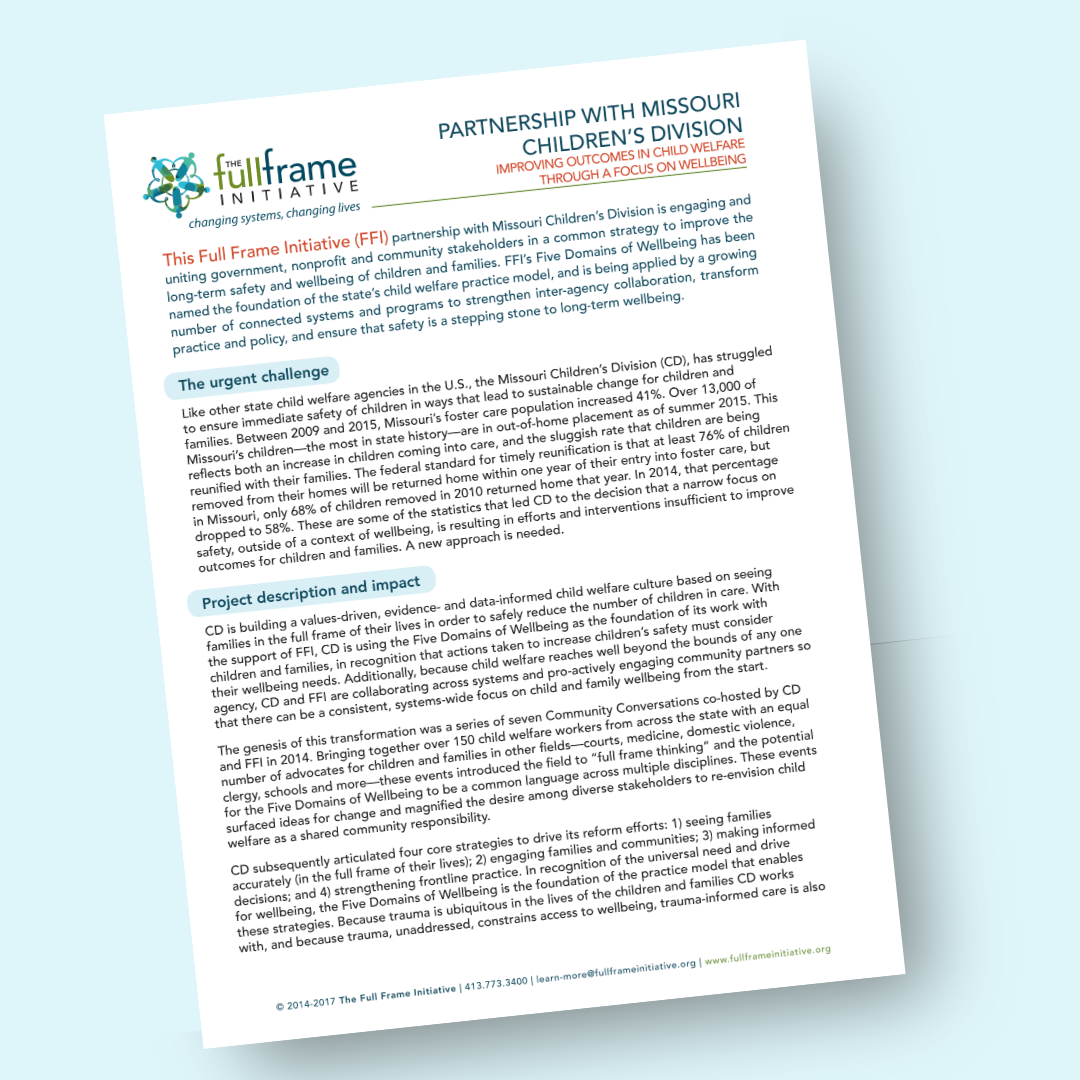
This is an example of how FFI worked with Missouri Children's Division to shift to using a welbeing framework at multiple levels.
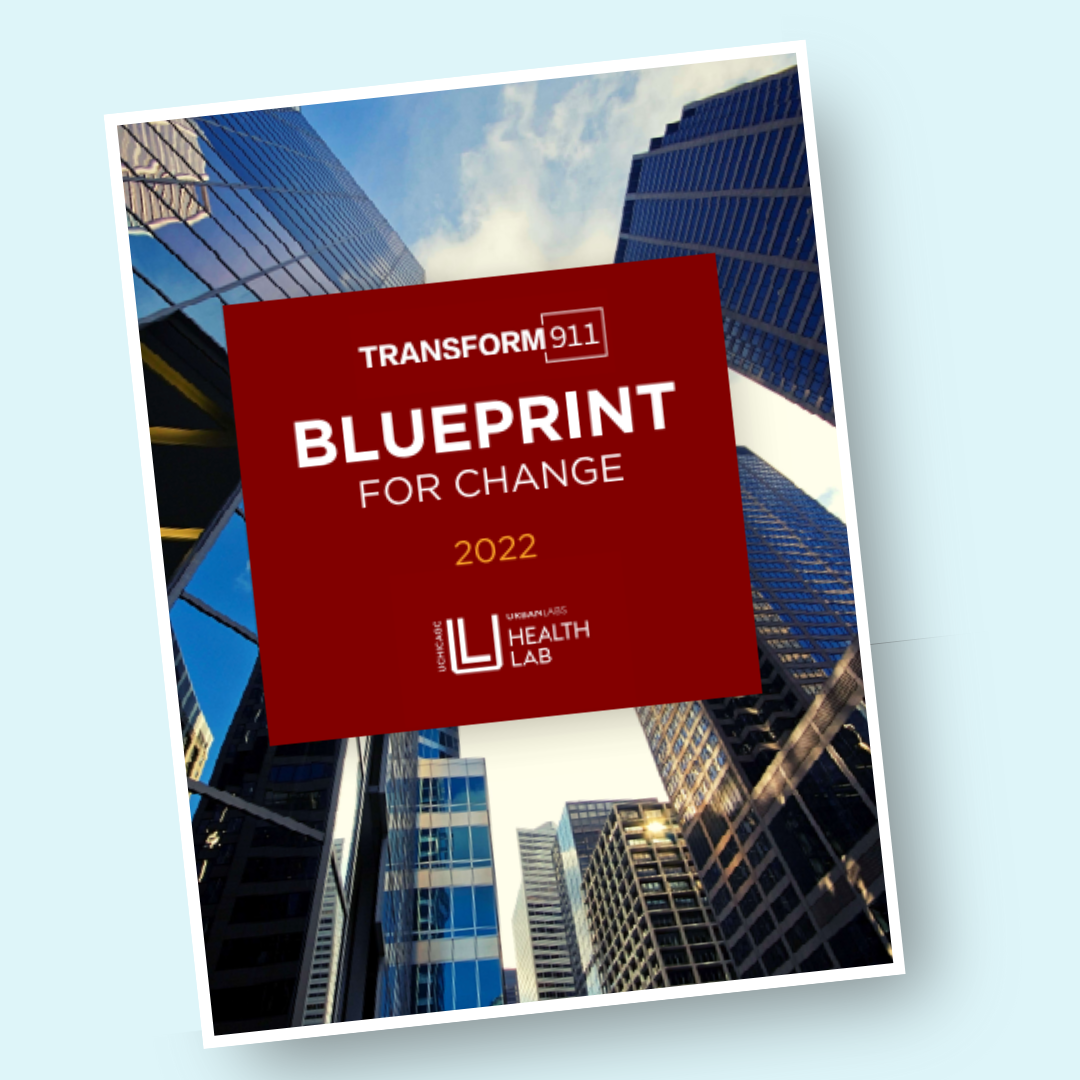
To increase access for wellbeing for both people served by the emergency response system and those who work within it, it’s critical that we reimagine 911. The Transform911 Blueprint for Change is the starting point for doing just that.
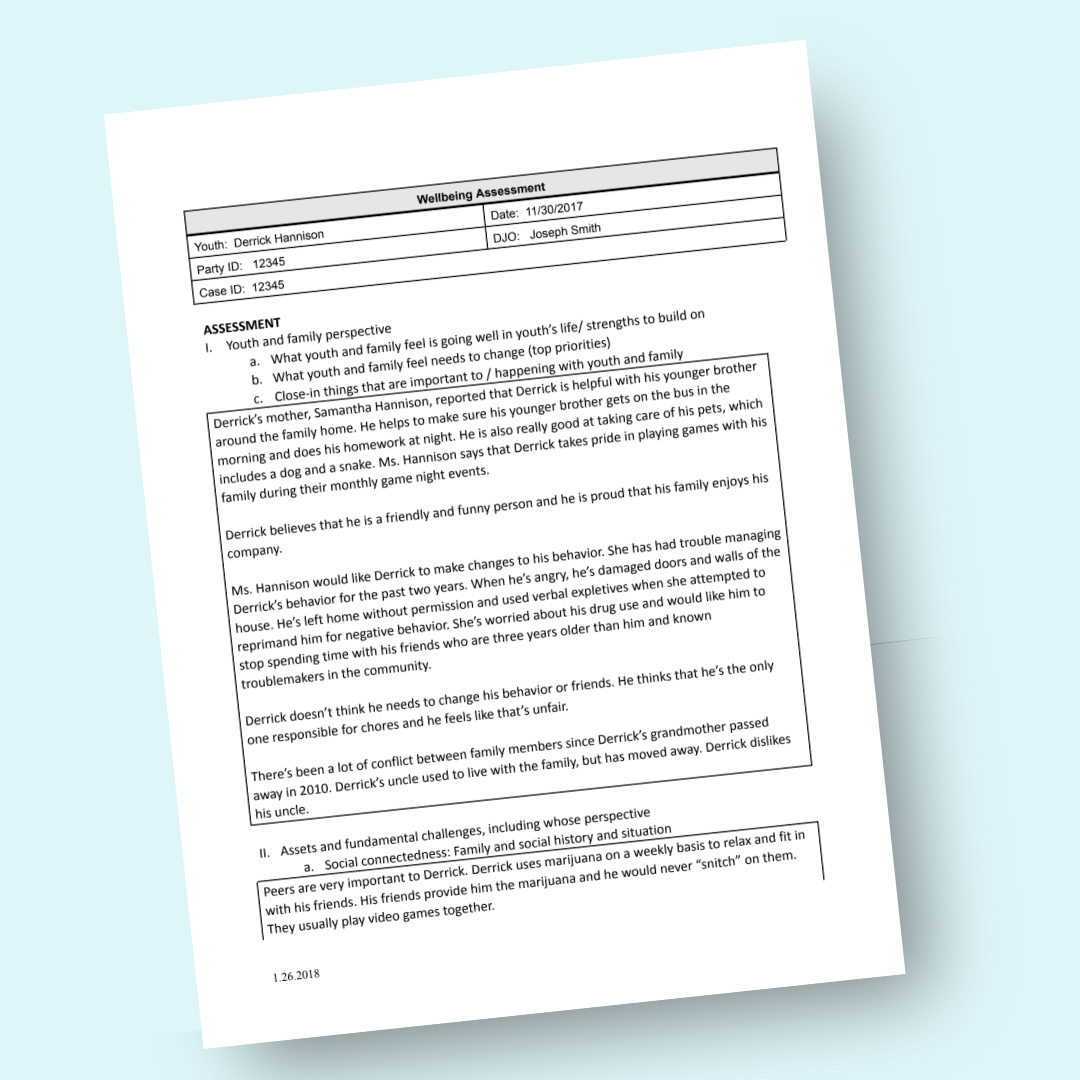
Example of how you can use a wellbeing lens in an assessment with youth and families interacting the juvenile justice system.
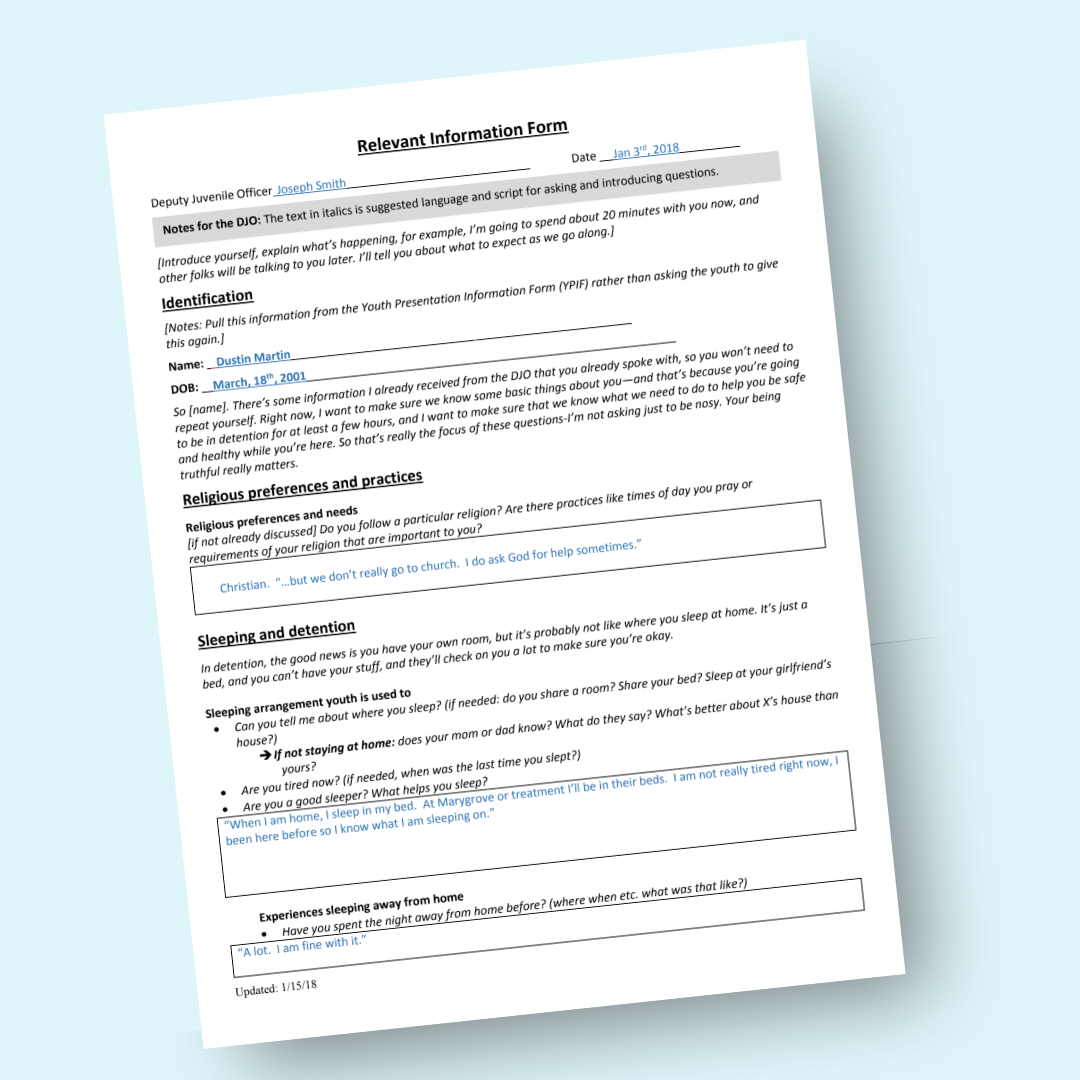
Example of how you can gather relevant information during the intake process with youth interacting the juvenile justice system.
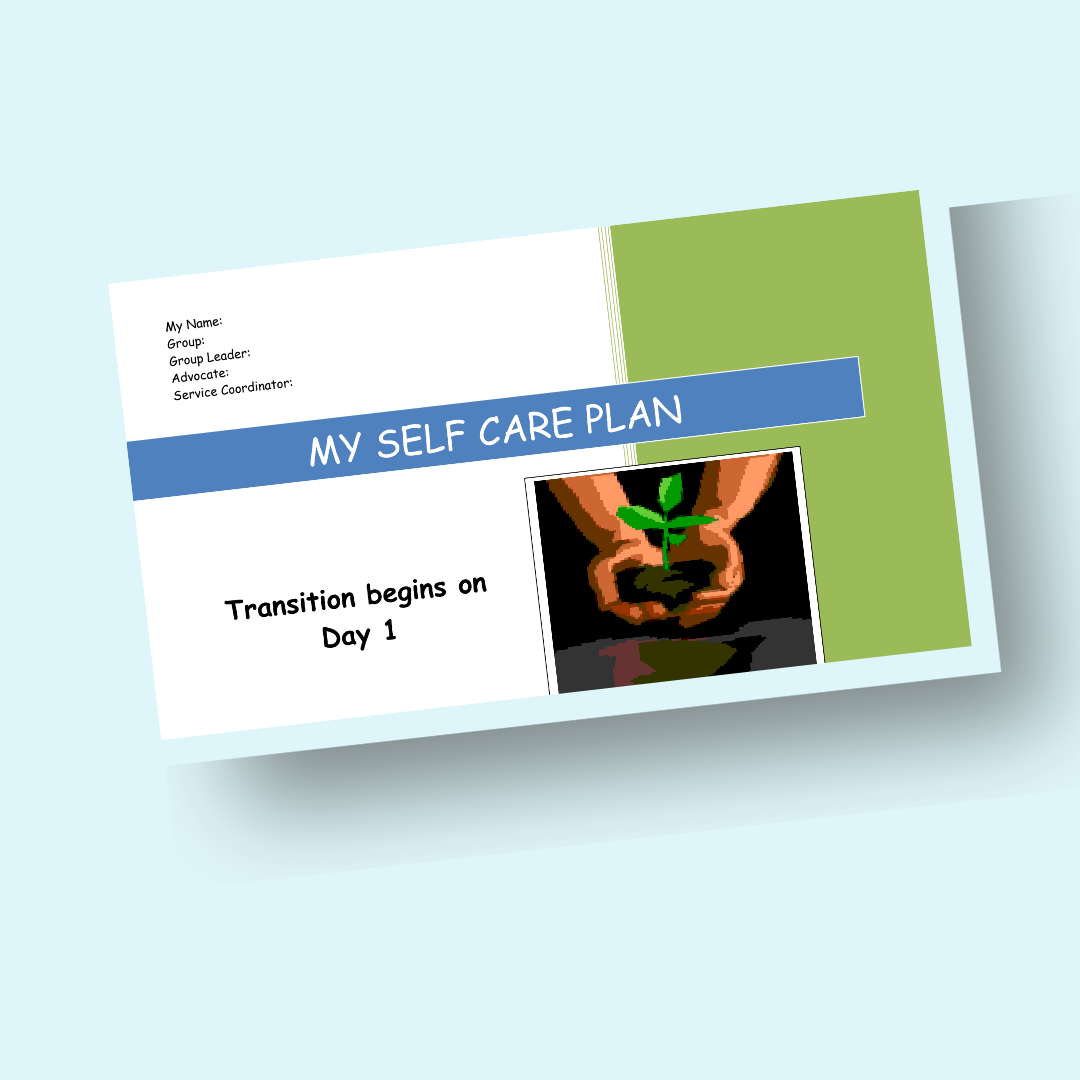
This worksheet can be used to support an individual take ownership of their treatment, self-care or action plan with next steps that have a wellbeing orientation.
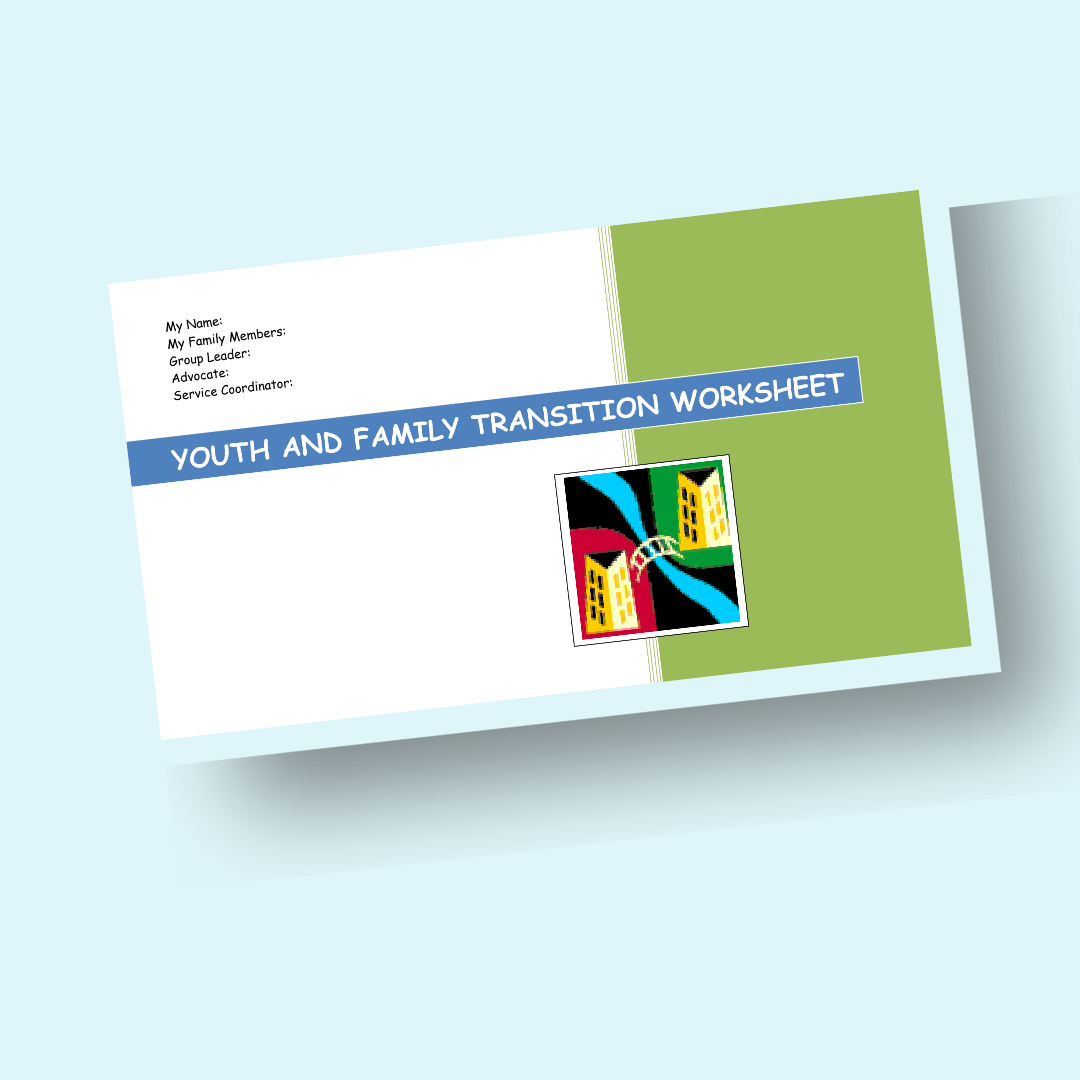
This worksheet can be used to support youth and families with the transition from a facility to the home. It layers in support for wellbeing and addressing tradeoffs.
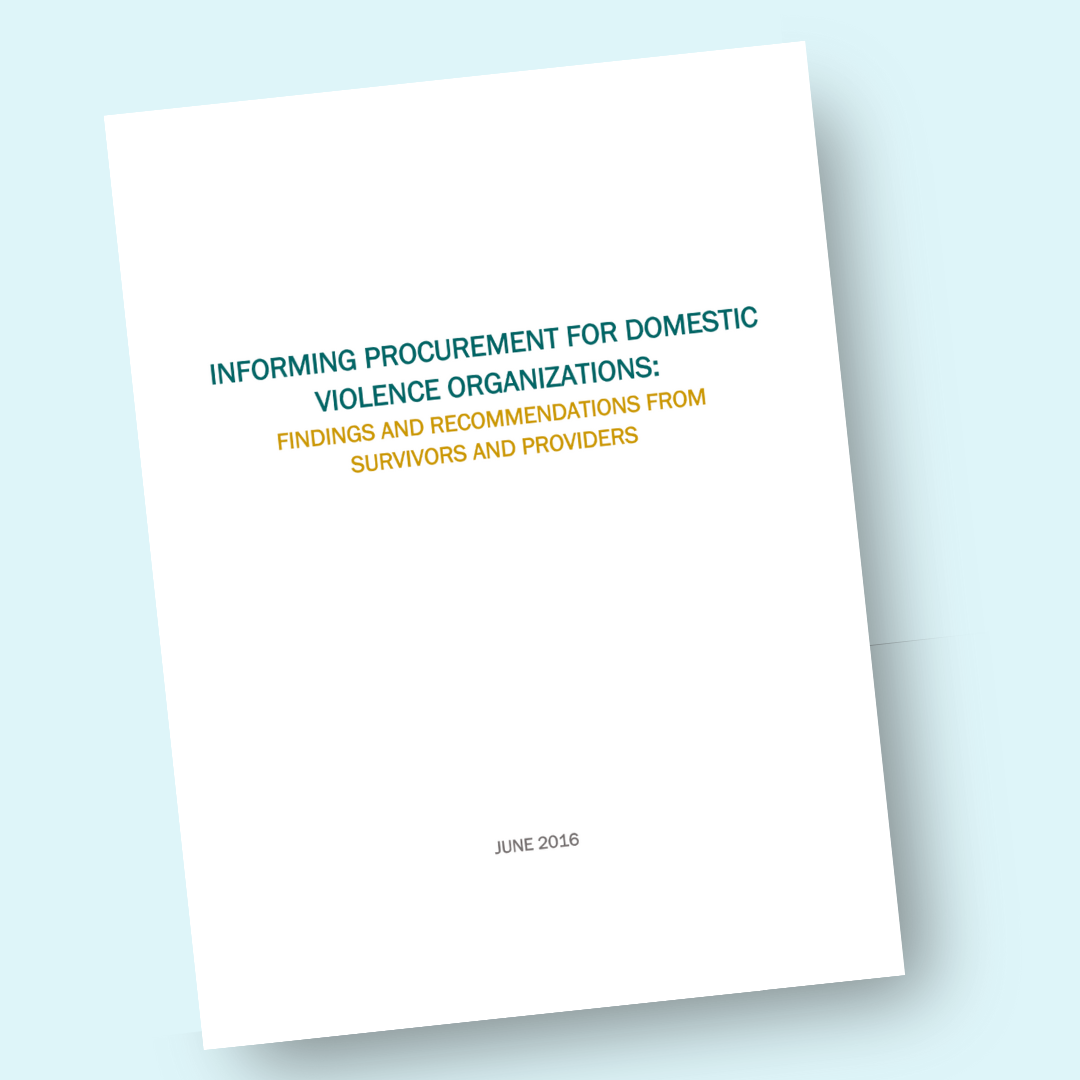
This is a report commissioned by Massachusetts Department of Children and Families that details findings and recommendations from survivors and providers to address changes in procurement for agencies addressing domestic violence and sexual assault.
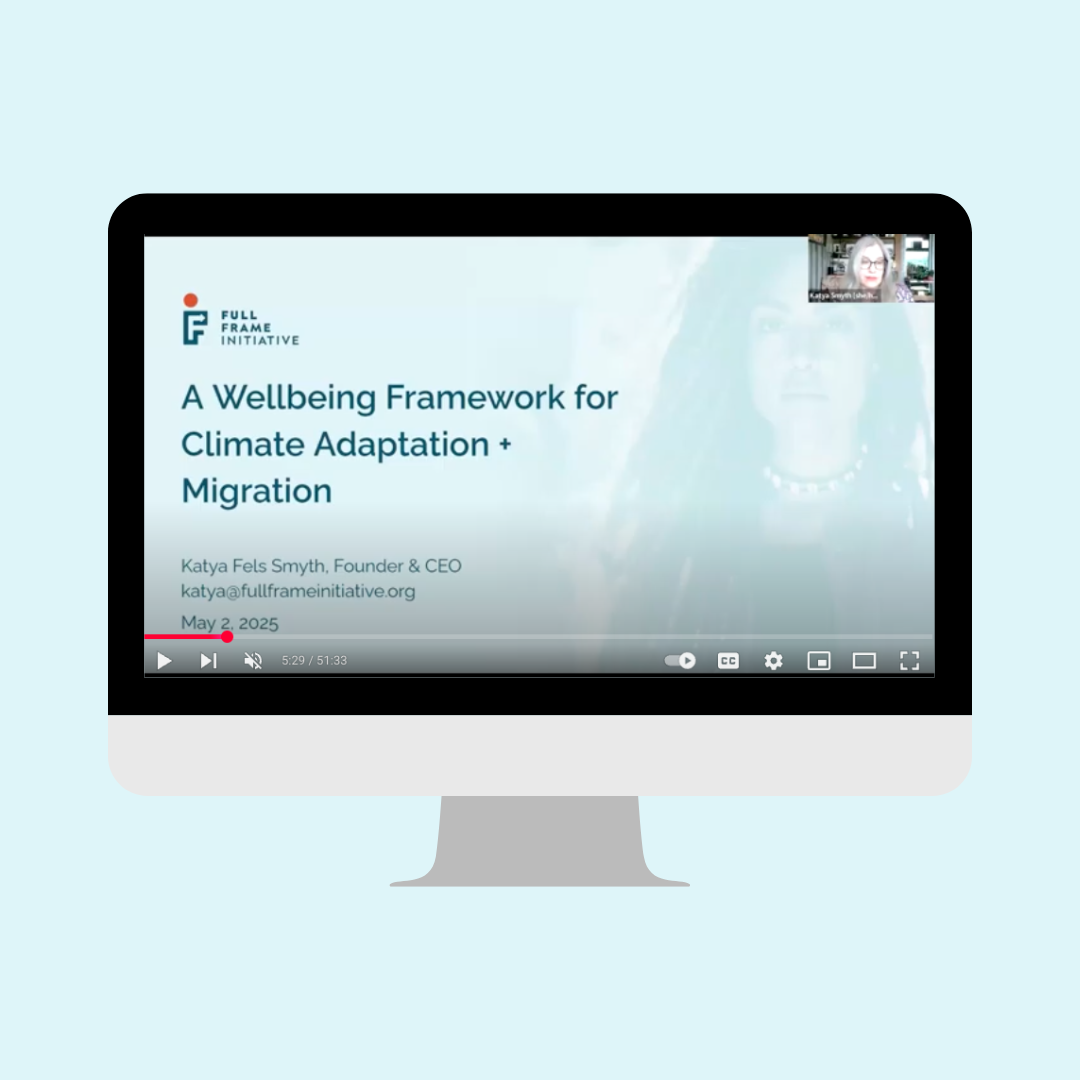
This is a recording of a collaborative workshop held with Full Frame Initiative, Climigration Network, and American Society of Adaptation Professionals. Full Frame Initiative shared their wellbeing framework and design principles, developed through 15+ years of work. CN and ASAP members were invited to test and apply the wellbeing framework within the context of climate adaptation and the realities of just and equitable pathways for migration.